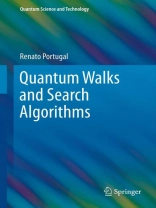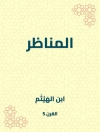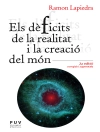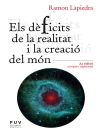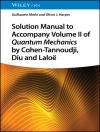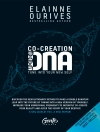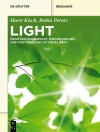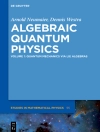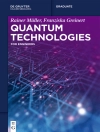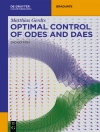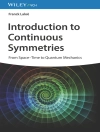This book addresses an interesting area of quantum computation called quantum walks, which play an important role in building quantum algorithms, in particular search algorithms. Quantum walks are the quantum analogue of classical random walks.It is known that quantum computers have great power for searching unsorted databases. This power extends to many kinds of searches, particularly to the problem of finding a specific location in a spatial layout, which can be modeled by a graph. The goal is to find a specific node knowing that the particle uses the edges to jump from one node to the next.This book is self-contained with main topics that include:Grover’s algorithm, describing its geometrical interpretation and evolution by means of the spectral decomposition of the evolution operator Analytical solutions of quantum walks on important graphs like line, cycles, two-dimensional lattices, and hypercubes using Fourier transforms Quantum walks on generic graphs, describing methods to calculate the limiting distribution and mixing time Spatial search algorithms, with emphasis on the abstract search algorithm (the two-dimensional lattice is used as an example)Szedgedy’s quantum-walk model and a natural definition of quantum hitting time (the complete graph is used as an example)The reader will benefit from the pedagogical aspects of the book, learning faster and with more ease than would be possible from the primary research literature. Exercises and references further deepen the reader’s understanding, and guidelines for the use of computer programs to simulate the evolution of quantum walks are also provided.
Tabella dei contenuti
Introduction.- The Postulates of Quantum Mechanics.- Introduction to Quantum Walks.- Grover’s Algorithm and its Generalization.- Quantum Walks on Infinite Graphs.- Quantum Walks on Finite Graphs.- Limiting Distribution and Mixing Time.- Spatial Algorithms.- Hitting Time.- Appendix: Linear Algebra for Quantum Computation.
Circa l’autore
Dr. Renato Portugal is Researcher in the Department of Computer Science at the National Laboratory for Scientific Computing (LNCC). His past positions include Visiting Professor in the Department of Applied Mathematics and the Symbolic Computation Group at the University of Waterloo, Visiting Professor in the Department of Physics at Queen’s University of Kingston, and Researcher at the Brazilian Center for Research in Physics. He received his D.Sc. at the Centro Brasileiro de Pesquisas Fisicas, CBPF, Brazil. He has published 40 articles in Scientific Journals, 3 books, and over 30 papers in refereed proceedings. He has developed 7 software packages, including his latest: The Invar Package in 2007. He was General Chair of the Workshop-School of Quantum Information and Computation (WECIQ 2010), and Chair of the Programme Committee for the Workshop-School of Quantum Information and Computation (WECIQ 2006).
